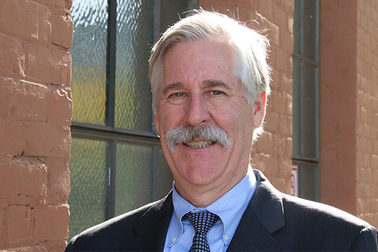
ASU professor examines data from Missouri police officer stops
A Foundation professor in the ASU School of Criminology and Criminal Justice is the lead author of a new report analyzing police stops in Missouri. The state drew the focus of the nation last year after a White Ferguson police officer shot an unarmed Black teenager who confronted the officer after he was asked to not walk in the middle of a street.
The annual report was highlighted in the New York Times.
Data from statewide police stops show police officers in Missouri were 75 percent more likely to stop Black drivers than White drivers in 2014. Data showed Black drivers were also 73 percent more likely to be searched. But Blacks were found to be in possesson of fewer illegal items, at a rate of 21 percent to 27 percent for White drivers who were searched.
Decker told the Times that drawing conclusions from the data is complicated by what is not known, such as the racial composition of motorists driving through a particular city or whether the stop took place on a highway. Decker, however, commented on the disparity in search rates of drivers and how often illegal items were found.
“Being taken out of the car, putting your hands on the hood, bending over, being patted down, having your car searched, that’s much more intrusive,” Decker told the New York Times. “Finding that contraband is kind of the offer of proof of whether your hunch about doing a search was based on crime factors or was based on other extralegal factors – race or ethnicity.”